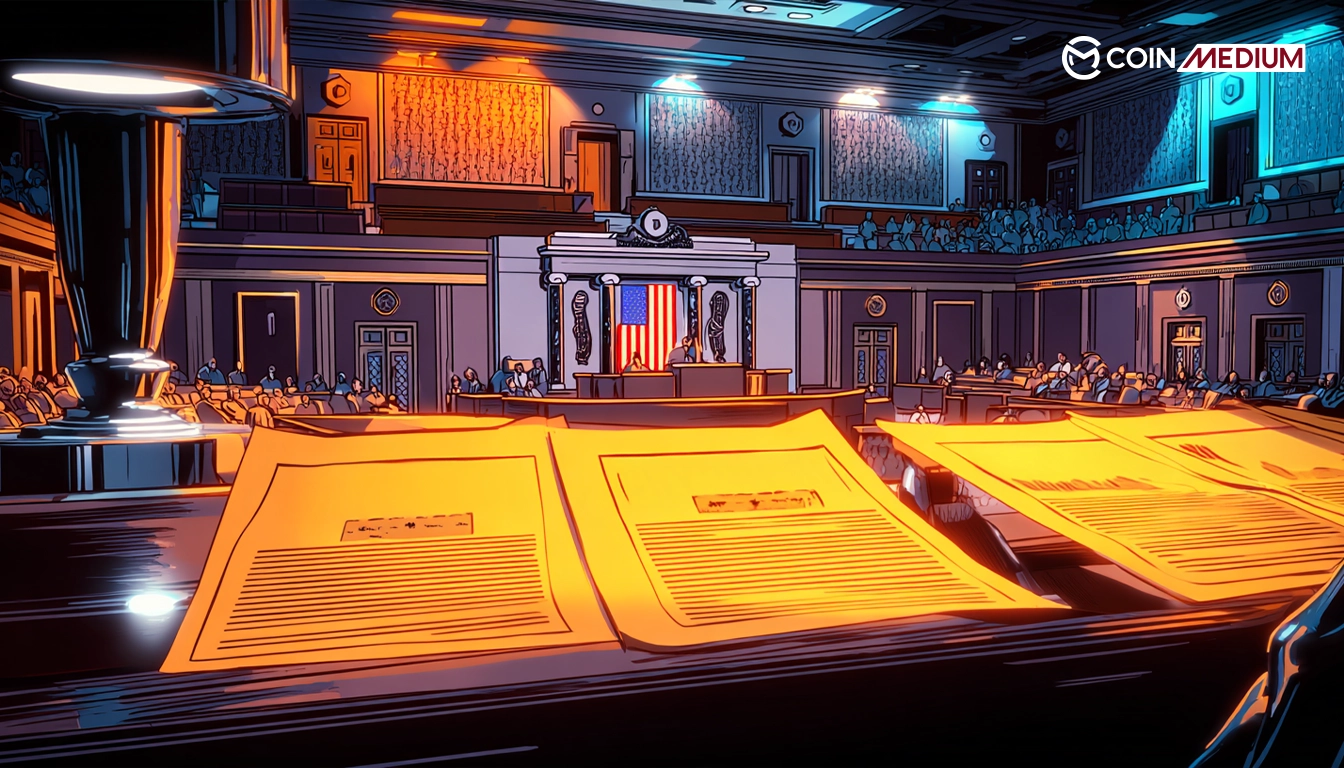Three key crypto bills are revived in the House after a narrow vote, signaling renewed debate over stablecoins, market rules, and a U.S. CBDC.
Three Republican-backed cryptocurrency bills, previously failed in the U.S. House of Representatives, have been revived following a narrow procedural vote that could soon bring them to the floor for further consideration.
House lawmakers passed a resolution 215-211 via a vote to reconsider legislation aimed at reshaping the United States’ approach to digital assets.
A bill to regulate payment stablecoins, another to define a federal crypto market structure, and a third seeking to restrict the development of a U.S. central bank digital currency (CBDC) were revived after the vote.
The successful motion marks a significant step forward for crypto legislation in Congress. However, deep divisions remain within both parties, and the path forward remains unclear.
Republican Rift and Democratic Opposition
Despite active pressure from former President Donald Trump, not all Republicans supported the reconsideration motion. Five GOP lawmakers voted against the resolution on Wednesday, following Tuesday’s failed attempt in which 13 House Republicans broke ranks, citing concerns about the lack of strong CBDC prohibitions in the Guiding and Establishing National Innovation for US Stablecoins (GENIUS) Act.
Meanwhile, House Democrats have largely held firm opposition, demanding changes to address what they claim are conflicts of interest involving Trump.
With Republicans holding only a slim majority, bipartisan support could be necessary to pass the bills, particularly in the Senate where the GENIUS Act previously failed a cloture vote due to Democratic resistance before narrowly passing on reconsideration.
Legislative Uncertainty
While the House agreed to revisit the package, the final vote on the resolution had not concluded at the time of publication. Lawmakers were reportedly locked in tense discussions over CBDC policy and potential amendments, especially around privacy and financial surveillance concerns raised by some within both parties.
The revived crypto package is seen as part of a broader push by House Republicans to score key policy wins before Congress breaks for its August recess. Alongside the crypto bills, the chamber is also preparing to vote on a defense spending measure, which could complicate the legislative timeline.
While Wednesday’s vote gives the crypto bills another chance at life, political friction on both sides of the aisle means their future is far from secure. Observers say the coming days will be crucial as amendments are introduced and party leaders negotiate possible compromises.
With the crypto sector increasingly becoming a political flashpoint, these bills are likely to shape not only the regulatory landscape for digital assets in the U.S., but also the political positioning of lawmakers ahead of the 2026 midterms.



